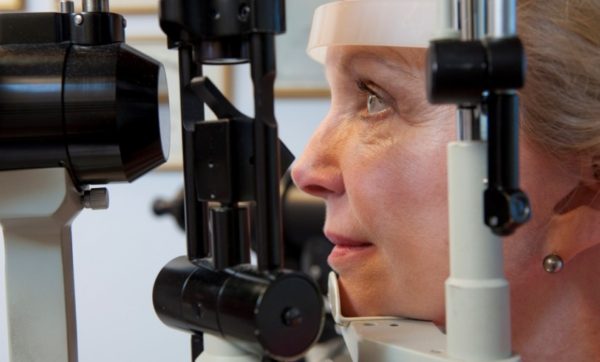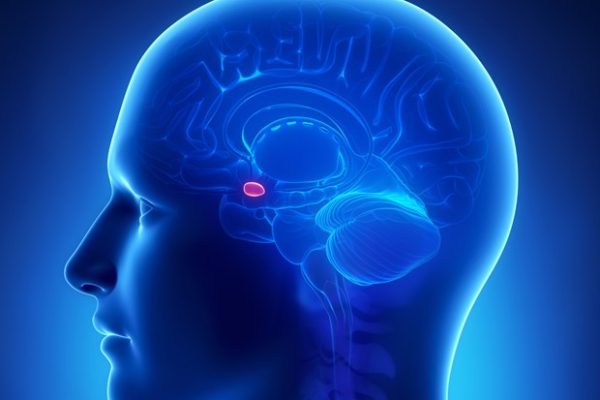Tag: internal medicine
Can Changes in Lifestyle Remove Plaque in Your Arteries?
***This article was first published in The New York Times by Richard Klasco, M.D. Q. Is it possible to remove plaques in your aorta or reduce their size through changes in diet or lifestyle? A. Yes, lifestyle changes, including diet, smoking cessation, stress management and exercise, can decrease the size of atherosclerotic plaques. They can also help to stabilize them
4 Tips to Reduce the Risk of UTI in Women
More than 50% of women will have at least one UTI in their lifetime. Most uncomplicated UTIs in adult women can be quickly and easily treated via virtual care. In fact, UTIs are one of our most commonly diagnosed and treated conditions. *This article was first published on Froedtert & MCW Virtual Clinic’s Blog.
A Heart Risk Factor Doctors Are Still Learning About.
Although doctors regularly test for lipoproteins such as HDL and LDL cholesterol, very few test specifically for lipoprotein(a) (lp(a)). High levels of lp(a) (which are predominantly determined by genetics), triple the risk of having a heart attack or stroke at an early age.
Diabetic Eye Exams: Prevention is Key.
If you don’t have issues with your eyes, you may be perplexed when your diabetes care team recommends that you have an eye exam. Why?
A Guide to Heart Health.
Did you know that heart disease and strokes are the leading causes of deaths worldwide? However, it’s within our control to change that — 80 percent of all cases of cardiovascular disease are preventable.
The Risk to Heart Patients Who Stop Taking Aspirin.
The results are in: aspirin therapy has been shown to lower the risk of blood clots and reduce inflammation (a cause for many chronic diseases including heart pathologies) and is a crucial part of preventing future heart problems and strokes.
The Amygdala, Heart Health & Stress.
“While the link between stress and heart disease has long been established, the mechanism mediating that risk has not been clearly understood.” ~Dr. Ahmed Tawakol Psychological stress wreaks havoc in the body, causing hypertension, ulcers, asthma, irritable bowel syndrome and cardiovascular disease. Studies performed in animals have found that stress increases the manufacturing of white blood cells in bone marrow, leading to
Is Antibiotic Resistance Preventable?
What can you do to help prevent this disaster and maintain the efficacy of antibiotics?










